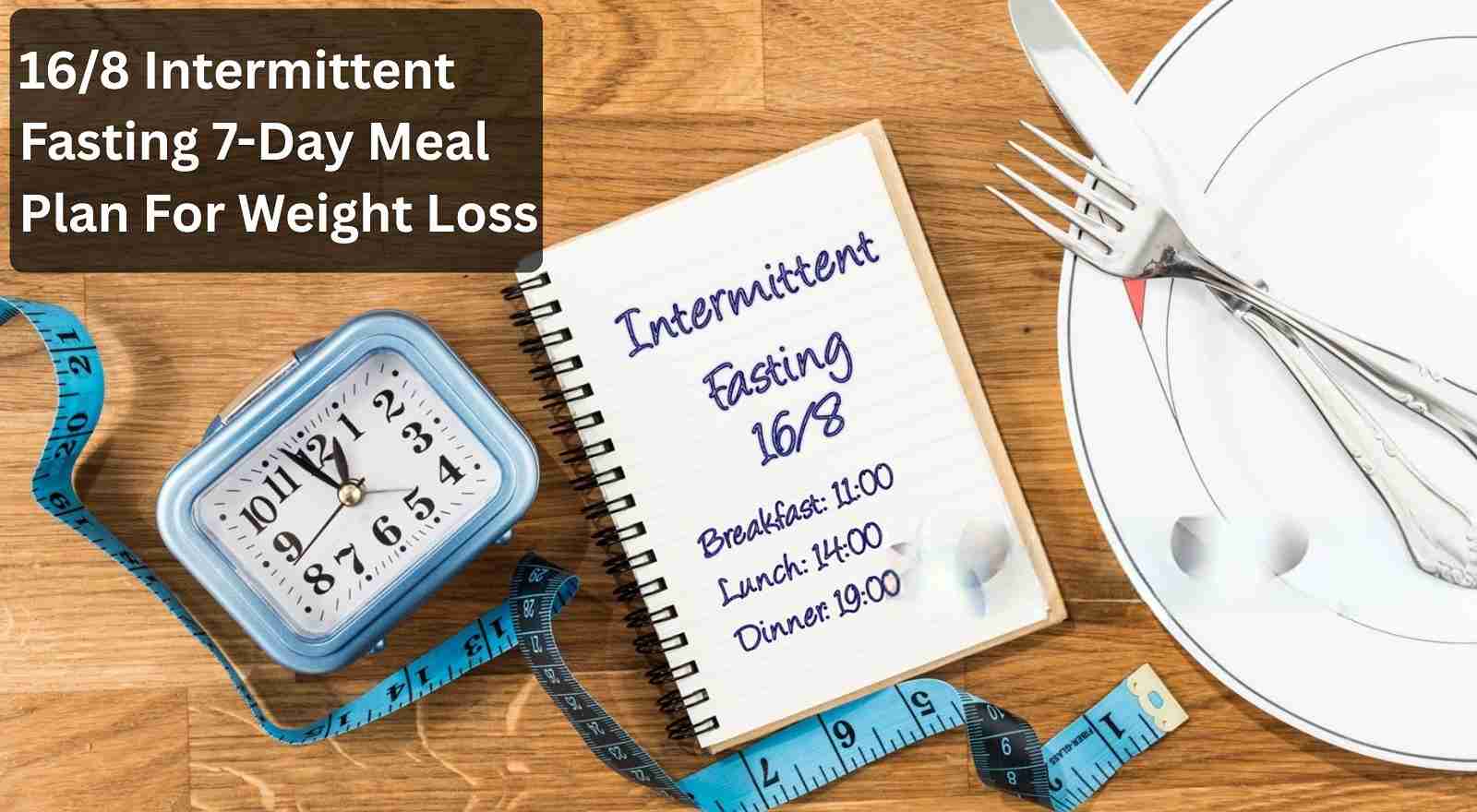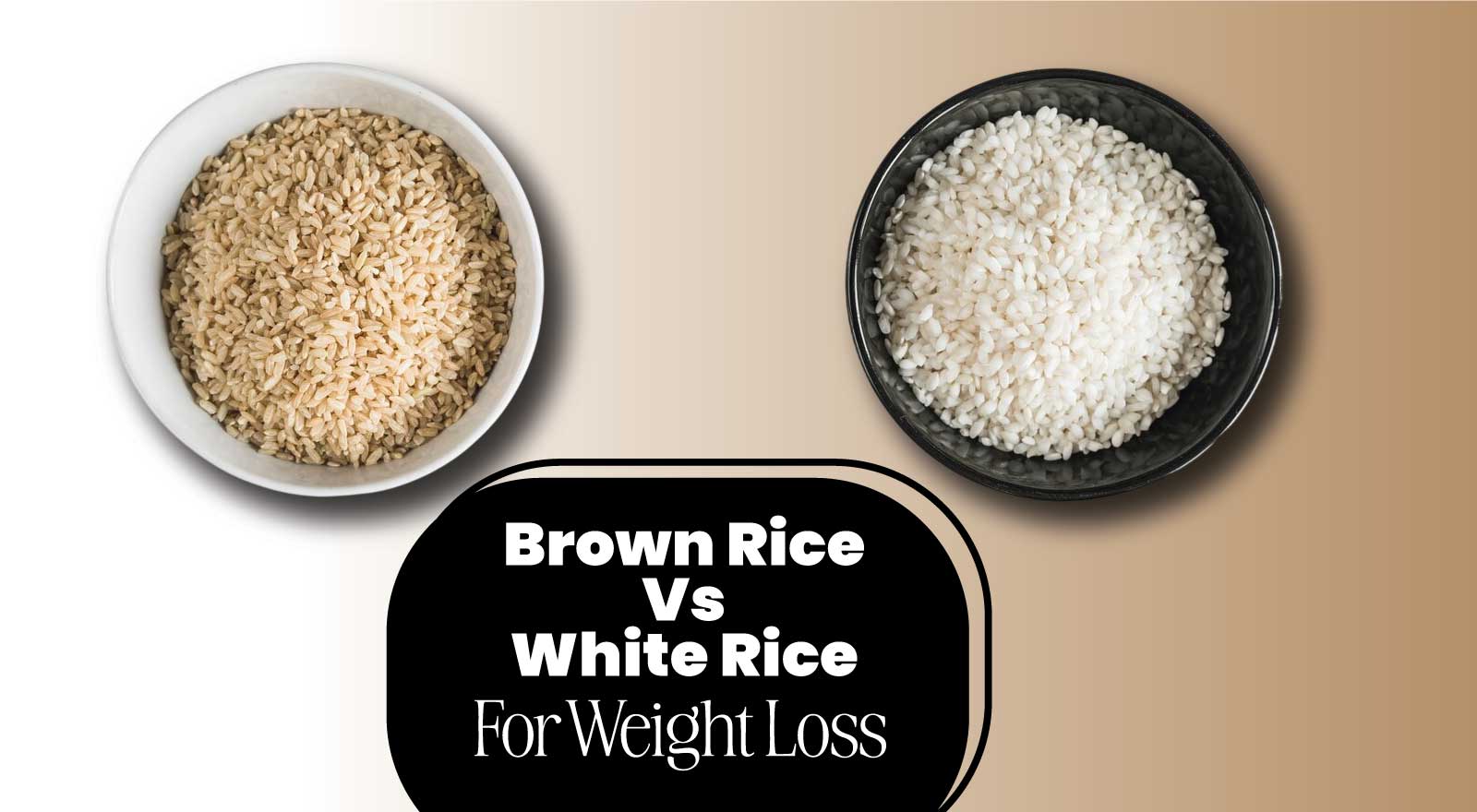When it comes to pregnant weight gain, there is no one-size-fits-all solution. Your body mass index (BMI) and pre-pregnancy weight are two variables determining how much weight you should gain throughout pregnancy. The health of both you and your unborn child is very important. So, it is very important to understand the ideal weight gain in your pregnancy journey.
One useful tool for helping pregnant women manage healthy weight gain throughout pregnancy is a pregnancy weight gain calculator. Because pre-pregnancy weight, body mass index (BMI), and whether you are carrying multiples can all affect weight gain, this calculator provides tailored suggestions to assist in making sure you are gaining the appropriate amount of weight for your own health and the development of your unborn child. This tool helps you stay informed, set reasonable goals, and modify your diet and lifestyle as necessary by tracking weight over the course of each trimester. Ultimately, a pregnant weight gain calculator eliminates uncertainty from weight control, offering clarity and assurance throughout this life-changing period.
Let us dive into this blog to understand the ideal weight for pregnancy, in which trimester you gain the most weight, how much weight you gain when being 5 months pregnant, and how much weight is okay to gain during pregnancy.
Table Of Contents
1. What Is The Ideal Weight For Pregnancy?
2. What Trimester Do You Gain The Most Weight?
3. How Many Kg Is Okay To Gain During Pregnancy?
4. How Many Kilos Should You Put On At 5 Months Pregnant?
5. The Final Say
6. FAQs
7. References
What Is The Ideal Weight For Pregnancy?

Pregnancy Weight Gain Chart By Trimester | ||||
Pre-Pregnancy BMI | Total Weight Gain (Whole Pregnancy) | 1st Trimester | 2nd Trimester | 3rd Trimester |
| Underweight (<18.5) | 12.5 to 18 kg (28 to 40 lbs) | 0.5 to 2 kg (1 to 4 lbs) | 2 to 2.6 kg (1 to 2 lbs per week) | 2 to 2.6 kg (1 to 2 lbs per week) |
| Healthy Weight (18.5-24.9) | 11.5 to 16 kg (25 to 35 lbs) | 0.5 to 2 kg (1 to 4 lbs) | 1.5 to 2.3 kg (0.5 to 1 lb per week) | 1.5 to 2.3 kg (0.5 to 1 lb per week) |
| Overweight (25-29.9) | 7 to 11.5 kg (15 to 25 lbs) | 0.5 to 2 kg (1 to 4 lbs) | 1 to 1.5 kg (0.25 to 0.5 lbs per week) | 1 to 1.5 kg (0.25 to 0.5 lbs per week) |
| Obese (≥30) | 5 to 9 kg (11 to 20 lbs) | 0.5 to 2 kg (1 to 4 lbs) | 0.8 to 1.2 kg (0.25 to 0.3 lbs per week) | 0.8 to 1.2 kg (0.25 to 0.3 lbs per week) |
While you are stepping into your pregnancy journey, it is very normal to be concerned about gaining weight and puzzled as to what the ideal weight for pregnancy is. The good news brings with it a lot of concerns. How much you weigh at the start of your pregnancy journey will determine how much weight gain is advised during pregnancy: What is your weight—underweight, healthy, overweight, or obese—and if you are carrying twins or multiples?
A woman's pre-pregnancy weight and body mass index (BMI) determine the optimal amount of weight gain during pregnancy. The U.S. Institute of Medicine (IOM) suggest particular weight increase ranges based on BMI categories to protect the mother and unborn child's health. It is advised that pregnant women with a normal BMI (18.5-24.9) gain 11.5–16 kg during their pregnancy. In order to assist the growth and development of the fetus, women who are underweight (BMI less than 18.5) may need to put on extra weight, usually between 12.5 and 18 kg.
At the same time, women who are overweight (BMI 25–29.9) or obese (BMI 30 or higher) are encouraged to lose weight. The recommended weight ranges are 7–11.5 kgs and 5–9 kg, respectively, to lower the risks of excessive weight gain, which include preeclampsia, gestational diabetes, and labour complications.
Also Read: Unlock The Ideal Body: Discover The Best Guide For BMI For Women By Age!
What Trimester Do You Gain The Most Weight?
The weight gain occurs in the second and third trimesters of pregnancy. Therefore, it's crucial to remember that weight gain should be moderate and distributed throughout the pregnancy. Most women only grow 0.5 to 2.2 kg during the first trimester, but they gain more consistently in the second and third trimesters, gaining roughly 0.45 to 0.9 kg per week.
Weight gain is also a result of increasing blood volume, amniotic fluid, placenta, and adipose storage for breastfeeding, all of which support the pregnancy and baby's growth. Preventing weight gain or trying to gain weight both impact the health of the developing fetus, and the mother requires frequent prenatal care, a healthy, balanced diet, and proper exercise.
However, because many women experience early symptoms like nausea and vomiting that can actually result in minor weight loss or minimal weight growth, the first trimester (weeks 1–12) usually sees the least amount of weight gain. However, it usually happens more slowly than in the second trimester. Visible weight increases during the third trimester (weeks 27–40).
The last few weeks of pregnancy are when the baby acquires the most weight, gaining an average of almost 200- 300 grams every week. However, the second trimester is frequently regarded as the time of most apparent and consistent weight growth because most weight gain occurs during this time.
How Many Kg Is Okay To Gain During Pregnancy?
A woman's pre-pregnancy weight and body mass index (BMI) have a significant influence on how much weight is deemed "okay" to gain during pregnancy. To protect the health of both the mother and the fetus, medical organisations such as the Institute of Medicine (IOM) and the American College of Obstetricians and Gynecologists (ACOG) offer broad recommendations for weight increase based on BMI.
It's crucial to remember that weight gain during pregnancy should be moderate and distributed over the trimesters, with the second and third trimesters accounting for the majority of weight gain. Many women gain only 0.5-2 kg during the first trimester, and some may even lose weight as a result of early pregnancy symptoms like nausea and vomiting.
As the baby grows quickly, the second trimester usually sees the most noticeable weight growth, averaging between 0.5 and 1 kilogram each week. The baby's last development surge, as well as increased amniotic fluid and maternal fat storage, are the main causes of the third trimester's slower but still noticeable weight gain. Regular prenatal check-ups are essential to track weight gain and ensure it's within the recommended range, as excess or insufficient weight gain can increase the risk of complications for both the mother and baby.
How Many Kilos Should You Put On At 5 Months Pregnant?
During pregnancy, most women should gain between 11.5 and 16 kg. Most will grow 1/2 kg per week for the remainder of the pregnancy after gaining 1 to 2 kg during the first trimester. If you are expecting more than one child, you should put on more weight. Gaining 16.5 to 24.5 kg is necessary for women who are expecting twins.
Exercise and a well-balanced, nutrient-rich diet are the cornerstones of a healthy pregnancy. The ideal calorie intake for the majority of expectant mothers is:
- 1,800 calories a day throughout the first trimester of pregnancy
- Consuming 2,200 calories daily throughout the second trimester
- Throughout the third trimester, 2,400 calories per day
The BMI of pregnant women at the beginning of the pregnancy journey is the most important factor in determining their ideal weight gain. Pregnant women with a normal BMI (18.5-24.9) can gain 11.5–16 kg, and underweight women (BMI less than 18.5) may need to put on extra weight, usually between 12.5 and 18 kg, during pregnancy.
Women who are overweight (BMI 25–29.9) or obese (BMI 30 or higher) are encouraged to lose weight, and the recommended weight ranges are 7–11.5 kgs and 5–9 kg, respectively.
A large portion of the weight you gain during pregnancy is due to the baby rather than being fat. The ideal weight of the baby and other components is broken down as follows:
- Baby: 3.5 kg
- Placenta: 1 to 1.5 kg
- Amniotic fluid: 1 to 1.5 kg
- Breast tissue: 1 to 1.5 kg
- Blood: 2 kg
- Fat reserves: 2.5 to 4 kg
- Growth of the uterus: 1–2.5 kg
The Final Say
An effective tool for assisting pregnant women in monitoring their weight management during pregnancy in a safe and knowledgeable way is a pregnancy weight gain calculator. These calculators provide tailored advice to guarantee a healthy weight increase by considering variables such as pre-pregnancy weight, body mass index (BMI), and the trimester of pregnancy.
While it's important to keep in mind that each pregnancy is different, employing such a tool can offer a direction for you and the comfort of being aware of what is happening to your body and, if that is ideal, assisting women in concentrating on their general health and balanced diet. In the end, maintaining a healthy lifestyle throughout pregnancy and safeguarding the health of both mother and child are more important than simply looking at the numbers on the scale.
FAQs
1. How does the pregnancy weight gain chart by trimester work?
The first trimester (weeks 1–12) usually sees the least weight gain. However, it usually happens more slowly than in the second trimester. Visible weight increases during the third trimester (weeks 27–40).
First Trimester (Week 1 - 12) | 0.5 - 2.2 kg |
Second Trimester (Week 13 - 27) | 200- 300 gms every week. |
Third Trimester (Week 28 - 40) | 200- 300 gms every week. |
2. What is the normal pregnancy weight gain in a week?
Most women only grow 0.5 to 2.2 kg during the first trimester but gain more consistently in the second and third trimesters, gaining roughly 0.45 to 0.9 kg per week.
3. How much weight should a pregnant woman gain during pregnancy?
Here is the chart showing how much weight you can gain in your pregnancy based on your BMI:
| Weight Range | BMI | Weight to gain |
| Underweight | Less than 18.5 | 12.5 - 18 kg |
| Normal BMI | 18.5-24.9 | 11.5 -16 kg |
| Overweight | 25–29.9 | 7–11.5 kgs |
| Obese | 30 or higher | 5–9 kg |
References
- https://www.babycenter.com/pregnancy-weight-gain-estimator
- https://www.ncbi.nlm.nih.gov/books/NBK279575/#:~:text=They%20recommend%20how%20much%20weight,between%2011.5%20and%2016%20kilograms
- https://www.mayoclinic.org/healthy-lifestyle/pregnancy-week-by-week/in-depth/pregnancy-weight-gain/art-20044360
- https://www.ncbi.nlm.nih.gov/books/NBK235227/#:~:text=Studies%20suggest%20an%20average%20gain,week%20during%20the%20third%20trimester.&text=These%20ranges%20pertain%20to%20normal,and%20prepregnancy%20weights%20for%20height.
- https://www.nhs.uk/pregnancy/related-conditions/common-symptoms/weight-gain/#:~:text=Weight%20gain%20in%20pregnancy%20varies,after%20your%20baby%20is%20born.
- https://medlineplus.gov/ency/patientinstructions/000603.htm#:~:text=Most%20women%20should%20gain%20somewhere,gain%20depends%20on%20your%20situation.
About ToneOp Fit
ToneOp Fit is a platform dedicated to improving and maintaining good health through a comprehensive range of goal-oriented health plans with up to 3 Coach support. With a range of Weight Management, Medical Condition, Detox Plans, and Face Yoga Plans, the app also provides premium health trackers, recipes and health content. Get customised diet, fitness, naturopathy & yoga plans and transform yourself with ToneOp.









































